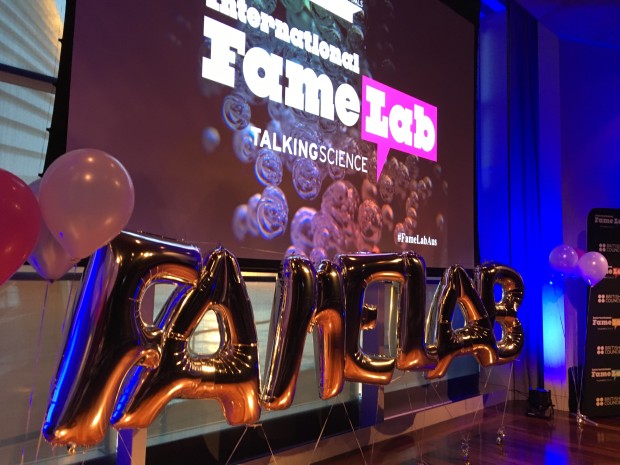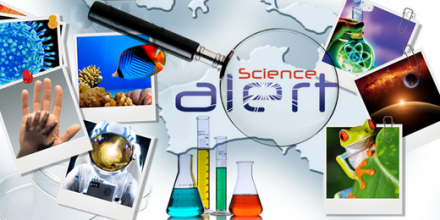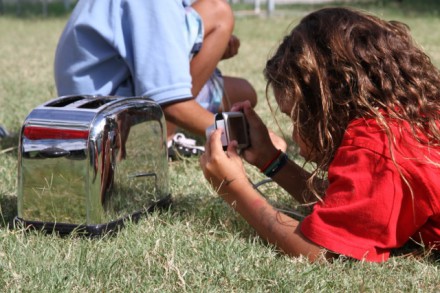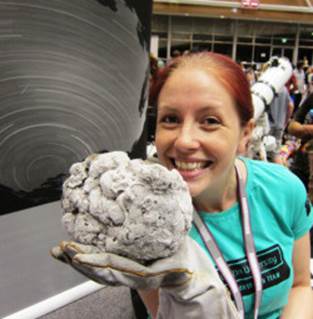This is the official notice of the Australian Science Communicators’ Annual General Meeting, to be held in Adelaide, South Australia on 22 February 2017.
The AGM is an opportunity for members to hear about the year’s events at the national level, and also to have their say about what should happen in the year to come. It also includes reports from the President and Treasurer.
When: Wednesday 22 February 2017, 6.00pm ACDT
Where: The Historian Hotel, 18 Coromandel Place, Adelaide CBD
RSVP: secretary@asc.asn.au
Only financial ASC members are eligible to attend the AGM.
Members also have the chance to elect a new National President. Proposed agenda items, notices of motion and presidential nominations must be received by Wednesday 15 February 2017 and can be sent to Sarah Lau, National Secretary (secretary@asc.asn.au).
Note that notices of motion require a proposer and a seconder, and nominations for President need to be agreed by the nominee.
Members unable to attend the AGM in person are able to give proxies to other members attending the meeting, or alternatively, send them to Sarah Lau, National Secretary. Instructions for nominating proxies and voting instructions will be circulated prior to the AGM along with the final notification of official business.
The following items are current as of 6 February 2017:






